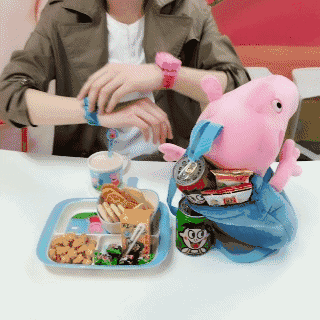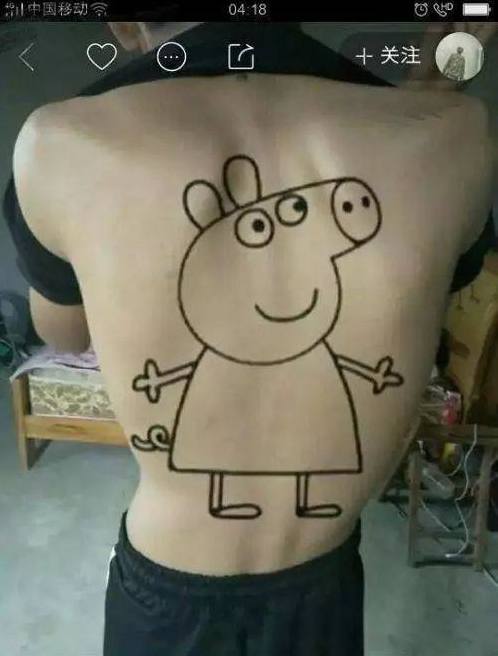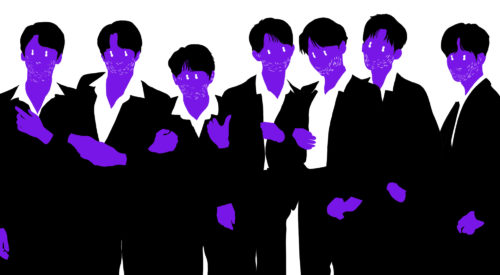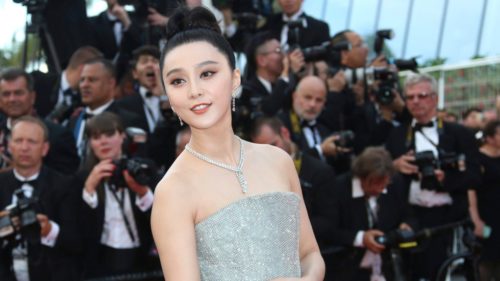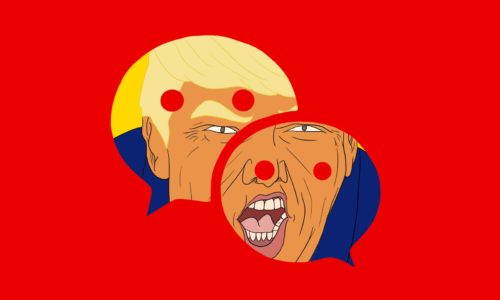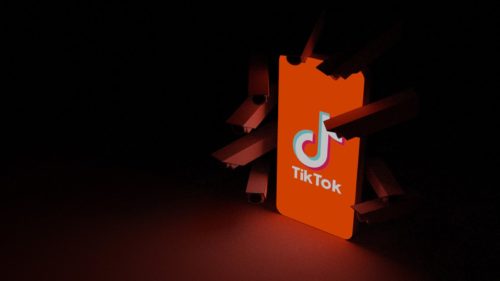Viral phenomenon Peppa Pig banned from short video app Douyin
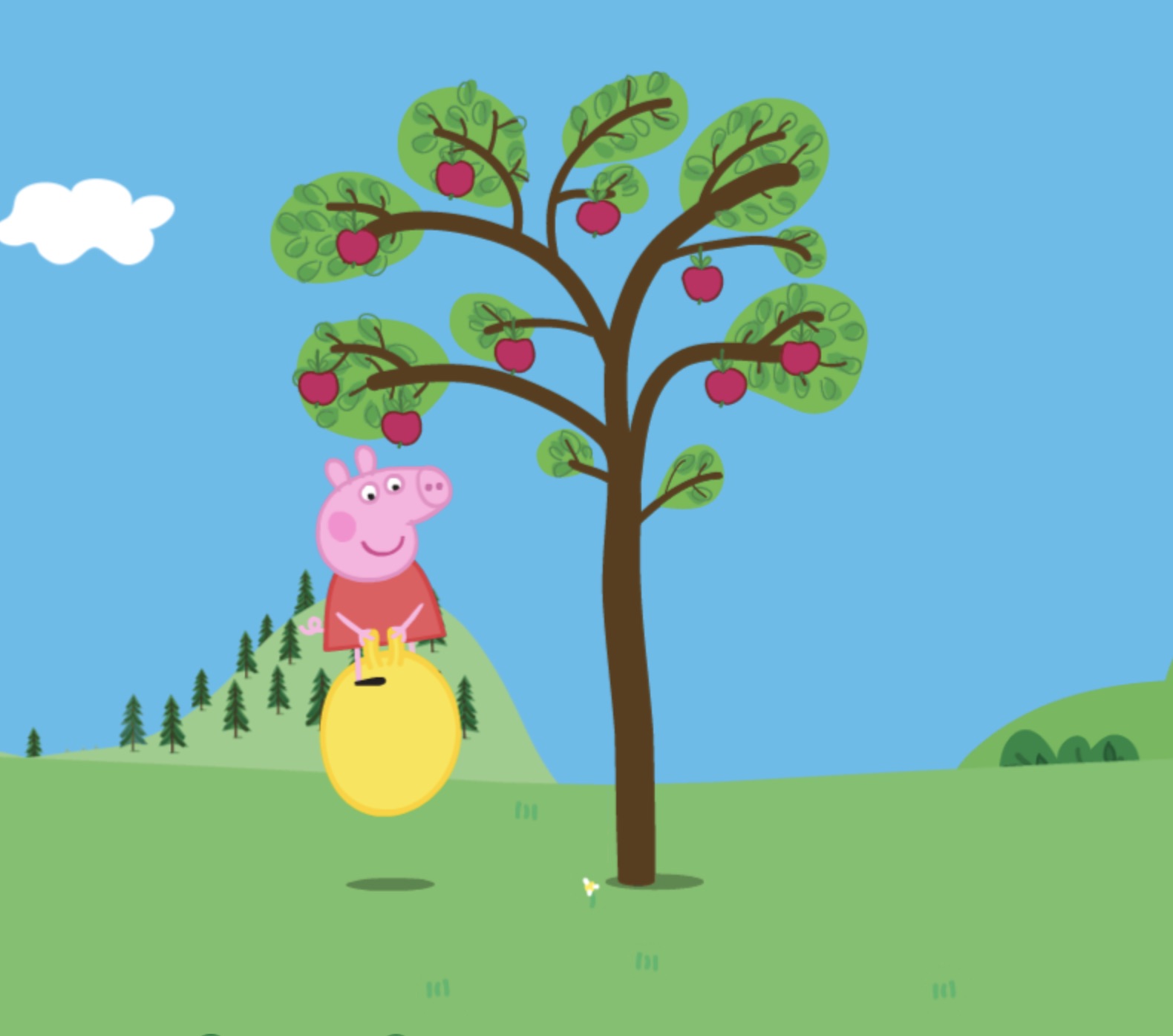
On April 28, news broke that British cartoon character Peppa Pig had been banned by Douyin (抖音), one of China’s most popular short video streaming apps. Searches for the porcine character on Douyin now yield no results, despite the fact that only a few days ago, more than 30,000 videos could be found on the app under the hashtag “Peppa Pig.”
While Douyin has yet to issue a public statement, Sohu has noted that the animation character appeared on the top of the list of censored elements in Douyin’s community guidelines. Along with Peppa Pig, two viral songs — the 喊麦 (hǎnmài) songs《我是神经病》and 《我们喵星人 就是这么拽》, which loosely translate as “I Am Insane” and “We’re Cocky, That’s Who We Are,” respectively — were also banned from Douyin. (Hanmai — or “microphone shouting” — is a rap-like musical genre popularized by various Chinese livestream hosts; we wrote about it in February, when the words hanmai and MC were prohibited on certain platforms.)
Local news media suspect that Peppa Pig’s associations with “people of society” 社会人 (shèhuì rén), a colloquial term for gangsters, may have been the reason for Douyin’s content scrub. Peppa Pig, the children’s television series from which the character originates, was first imported to China in 2015 via CCTV, China’s state broadcaster. In recent years, its popularity has exploded astronomically. On streaming platform iQiyi, views of the animated series has reached over 13.4 billion views, and on Douban, the series boasts a high rating from viewers.
While the show was initially conceived as a cartoon targeting preschoolers, in China its reach has grown far beyond. The character has spawned thousands of memes and merchandising, including pink candy-dispensing watches and, more notably, Peppa Pig tattoos. Peppa Pig theme parks are also expected to open next year in Beijing and Shanghai.
Chinese millennials find the incongruity between the wholesome animated character and the rebellious nature of tattoos, commonly associated with gangsters and viewed in a more negative light in Chinese society, to be endearing, and have even invented a two-line rhyme for the seemingly incompatible relationship between the two:
小猪佩奇身上纹 (xiǎozhū pèiqí shēnshang wén)
掌声送给社会人 (zhǎngshēng sòng gěi shèhuì rén)
Peppa Pig tattoo on the body
Give applause for people of society
Peppa Pig’s viral influence, however, has drawn some concern. A few days ago, People’s Daily, the Chinese government’s mouthpiece, expressed unease over the proliferation of counterfeit Peppa Pig merchandises. The author of the piece also questioned whether a frenzied chasing of fads, in this case Peppa Pig accessories, might have a detrimental effect on young children.
There’s still no telling whether Douyin’s ban of Peppa Pig was a preemptive act of self-censorship or if the move was made in compliance with pressure from the Chinese government. In the past few months, China’s media regulator has increased its supervision of online content. Last month, short video streaming apps faced backlash from People’s Daily when the paper accused these platforms of disseminating “offensive and obscene” content. And earlier this month, the State Administration of Radio and Television shuttered Neihan Duanzi (内涵段子), a jokes app owned by Bytedance — the same Chinese technology company that owns Douyin — on accounts of “vulgarity.”
Also see:
‘Spider-Man,’ ‘surgery,’ ‘injection’ among blocked search terms as China cracks down on Elsagate
